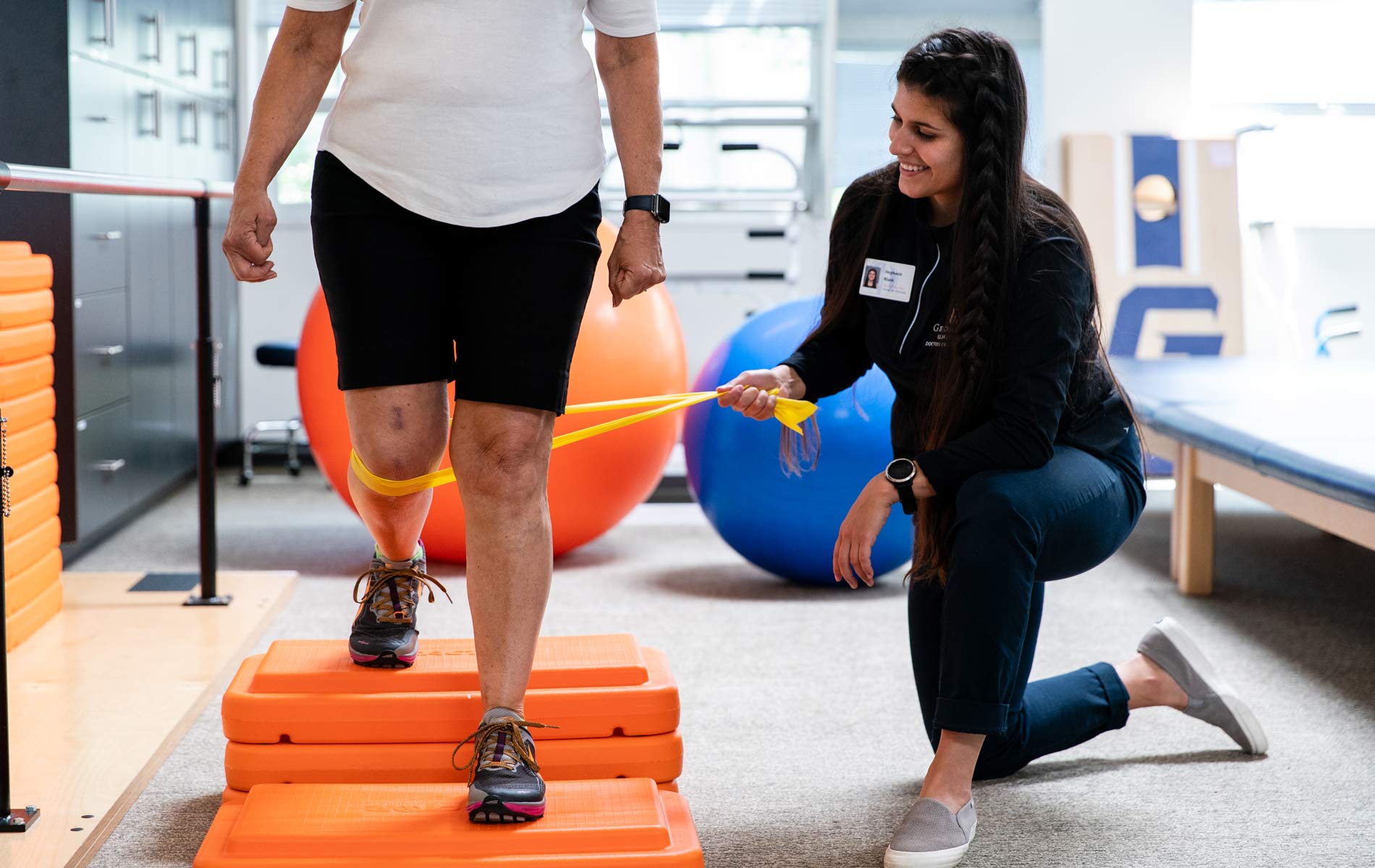The Essential Effect of Strength Exercise on Enhancing Recovery and Performance in Sports Recovery
The Essential Effect of Strength Exercise on Enhancing Recovery and Performance in Sports Recovery
Blog Article
Strength conditioning holds a vital role in athletic rehabilitation, assisting sportspeople recover from traumas and improve their general performance. When an athlete sustains hurt, their body requires time to recover. However, during this rehabilitation period, it is essential to maintain strength and mobility to prevent further damages. Strength conditioning can be customized to suit the needs of each athlete, focusing on particular muscle groups that may have been impacted by the trauma. This targeted method not only aids in recovery but also prepares the individual to return to their activity stronger than before.
One of the main benefits of resistance training in recovery is its ability to improve muscle power and endurance. When muscular tissues are stronger, they can more effectively support articulations and reduce the chance of recurrence of injury. For example, an individual recovering from a leg injury can gain from exercises that fortify the quadriceps and back thigh muscles. These muscles play a crucial role in stabilizing the leg articulation. By incorporating strength conditioning into their rehabilitation plan, athletes can recover their power more effectively and securely.
In addition to developing power, strength conditioning also improves flexibility and scope of motion. Many traumas can lead to stiffness in the injured area, causing it challenging for athletes to navigate freely. Resistance training exercises often include extending and lengthening the muscular tissues, which can help restore mobility. For instance, adding resistance bands or weights into flexibility routines can enhance the efficacy of these exercises. As mobility improves, individuals can perform actions more effectively, which is essential for peak performance in their activity.
Another important aspect of resistance conditioning in athletic rehabilitation is its positive impact on mental well-being. Recovering from an injury can be a challenging and frustrating process for athletes. Engaging in resistance conditioning can provide a sense of accomplishment and enhance self-esteem. As athletes see improvements in their strength and capabilities, they may feel more motivated to continue their rehabilitation process. This psychological boost can be just as important as the bodily advantages, as a positive mindset can result to improved outcomes in recovery.
Finally, resistance conditioning can assist athletes move back to their activity more smoothly. Once they have recovered their power and flexibility, athletes must to rehearse sport-specific movements to guarantee they are prepared for competition. Strength conditioning can be combined with sport-specific exercises to create a comprehensive recovery plan. This combination allows athletes to not only heal but also enhance their performance. By concentrating great post to read on both rehabilitation and performance, resistance conditioning becomes an essential tool in the recovery process, helping athletes return to their sport more robust and more resilient.